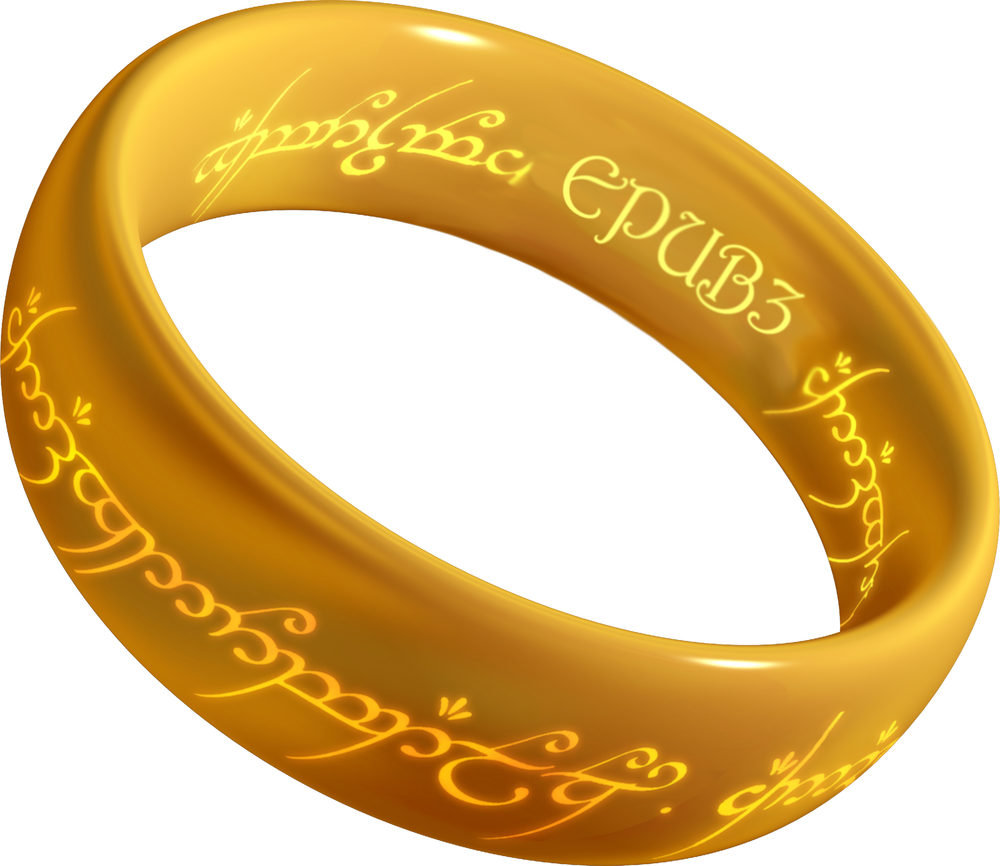If EPUB3 is never fully, widely adopted, is there still wisdom in holding it as the current standard? This is what Jenny Bullough, Manager of Digital Assets for Harlequin and ebookcraft speaker, wants to know. Take it away, Jenny!
If a standard fails to be adopted, did it ever really exist?
 Standards are, in short, awesome. Standards allow for interoperability—they’re what let you play any DVD on any DVD player, move files around with a standard USB, and give you the choice of using IE, Firefox, or Chrome when browsing the web.
Standards are, in short, awesome. Standards allow for interoperability—they’re what let you play any DVD on any DVD player, move files around with a standard USB, and give you the choice of using IE, Firefox, or Chrome when browsing the web.
If you’re old enough to remember the Format Wars of the ’80s, it was VHS vs. Beta fighting for market dominance. Then DVD vs. Blu-Ray in the ’90s, and in the early days of ebooks in the ’00s, MOBI vs. LIT vs. ADE, and so on. The introduction of EPUB as a standard allowed developers, publishers, and retailers to create efficiencies in their businesses—they were essential tools that made it possible for everyone to scale up their offerings in the digital marketplace to meet reader demand in a format (somewhat) agnostic of retailer and device specifications. EPUB allowed for the incredible growth and expansion of the market. And better ebook technology led to the development and launch of EPUB2, then EPUB3—each standard improving upon the last iteration.
However, while EPUB2 is widely used, EPUB3 hasn’t reached full adoption yet. Even the publishers and retailers who are using or accepting EPUB3 are often only using a portion of its capabilities or building in “fallbacks” that will allow the format to be accepted by recipients still reliant on EPUB2.
Publishing industry experts and groups continue to push for universal EPUB3 adoption, citing the many advantages and benefits of the format. But while everyone acknowledges EPUB3 is an improvement, and while adoption rates are growing, it’s far from a universal standard. If adoption of a standard is stalled indefinitely, is it still worth everyone’s time and effort to push for universal adoption? Should we just accept that there are now effectively two EPUB standards: EPUB2 and EPUB3? Or should we just agree that EPUB2 is the closest we’ll get to a universal standard that everyone is using?
Jenny will be discussing this topic and more at ebookcraft on March 11 in a panel on the state of ebook production, alongside other experts. If you have opinions on these questions (or even more questions to ask), come to ebookcraft and share your thoughts.



